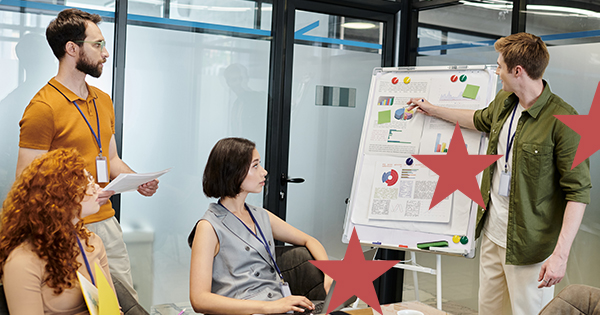We continue with this post the mini-rubric that aims to provide an answer to some of the most frequently asked questions about europlanning activities. Let us know if the proposed points are catching on!
In order to participate in a European project, do I need a subject specialist to provide me with the necessary support and write the project?
The answer to this question is not unique and depends on many factors, primarily the type of project, the type of organization, and how the organization approaches the development of the project proposal.
From a certain point of view, it can be said that yes, the support of a subject specialist (of a so-called “EU project designer“) can be an advantage. A person who has already written other similar projects can more easily know its critical issues, mistakes to avoid, and the most effective ways to present its strengths. On the other hand:
-
- To be effective, it is advisable that the person identified hasreal and proven experience in writing European projects. Nonetheless, not even a very capable and experienced person can guarantee victory in a project. In addition, this person has a cost, which normally includes a portion for work done plus an incentive portion in case of success;
-
- The person identified cannot take the place of the organization. It can facilitate the development of a good proposal and can formulate it effectively, but the ideas, approaches and arguments needed to present its strengths (in addition to the formal documents required for participation in the project) require a great deal of effort on the part of the organization itself;
-
- Much of the information needed to prepare a European project has become more accessible over the years and with the development of appropriate tools (such as our Guide). Many organizations can attempt with some success the development of internal skills necessary for European project submission;
-
- It is advisable for the organization to be well acquainted with the actors, initiatives implemented, and strategic priorities in its area of focus, either regionally or internationally (depending on the nature of the organization itself). A good project and partnership is more likely to flow from this kind of knowledge and commitment than from the support of an EU project designer alone.
The support of a subject specialist is therefore a useful, but certainly not sufficient and not always necessary condition for the preparation of a successful project.
In addition to the involvement of an EU project designer, it is important to participate in your first EU projects as a partner, with a lead partner who already has prior experience; to start with a simple program or call for proposals that is very much in line with your mission; and to document yourself and make participation in your first EU projects anopportunity for growth and learning, your own and your organization’s. In this regard, we recommend reading the “stories of EU projects and funding” offered in our Guide, to learn about the path taken by other organizations in approaching European projects.




